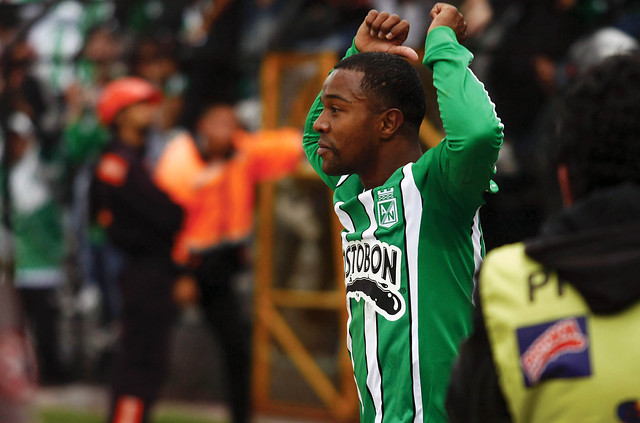Havana Cuba. – The eminent British scientist and inventor of penicillin, Alexander Fleming, landed in Havana on April 19, 1953 to fulfill a busy schedule that included two lectures on the use of antibiotics and the treatment of aseptic wounds.
About to turn 72, the affable and modest bacteriologist was received with all the respect that his scientific career deserved. He was named “Guest of Honor” of the University of Havana, while the National Medical College honored him with the “Finlay Order.”
Although his visit to the Cuban capital was not marked by publicity, the Nobel Prize in Medicine appeared in the most important newspapers and magazines. Along with him traveled the Greek doctor Amalia Koutsouri, bacteriologist with whom he shared work in the laboratory and a sentimental relationship that led him to his second and last marriage after a long period of widowhood.
The happy couple formalized their union shortly before traveling to Havana, where they would enjoy their honeymoon. The Flemings stayed first at the Miramar Country Club, and then at the majestic National Hotel, where daily they received the cream of Cuban scientists.
The couple also shared an informal meeting with medical students, where Fleming was interviewed for the student magazine Reflexes. Also, the newspaper Advance He had the privilege of speaking with the scientist and echoing these memorable words: “Our greatest satisfaction is having freely given penicillin to humanity.”
This phrase contains the greatness of Fleming, which went far beyond his scientific genius. Deeply committed to his medical and research work, he had discovered penicillin but refused to patent the finding so that the world would have access to a drug that revolutionized medicine, particularly the way infections were treated.
He also told the magazine Bohemia: “It was one of those extraordinary things that happen in a laboratory (…). I feel happy to have intervened in something that favors humanity in its ailments”.
Fleming assured that a great discovery should not be a reason to stop, but an impulse to renew and continue working. Such was his maxim for all men of science.




